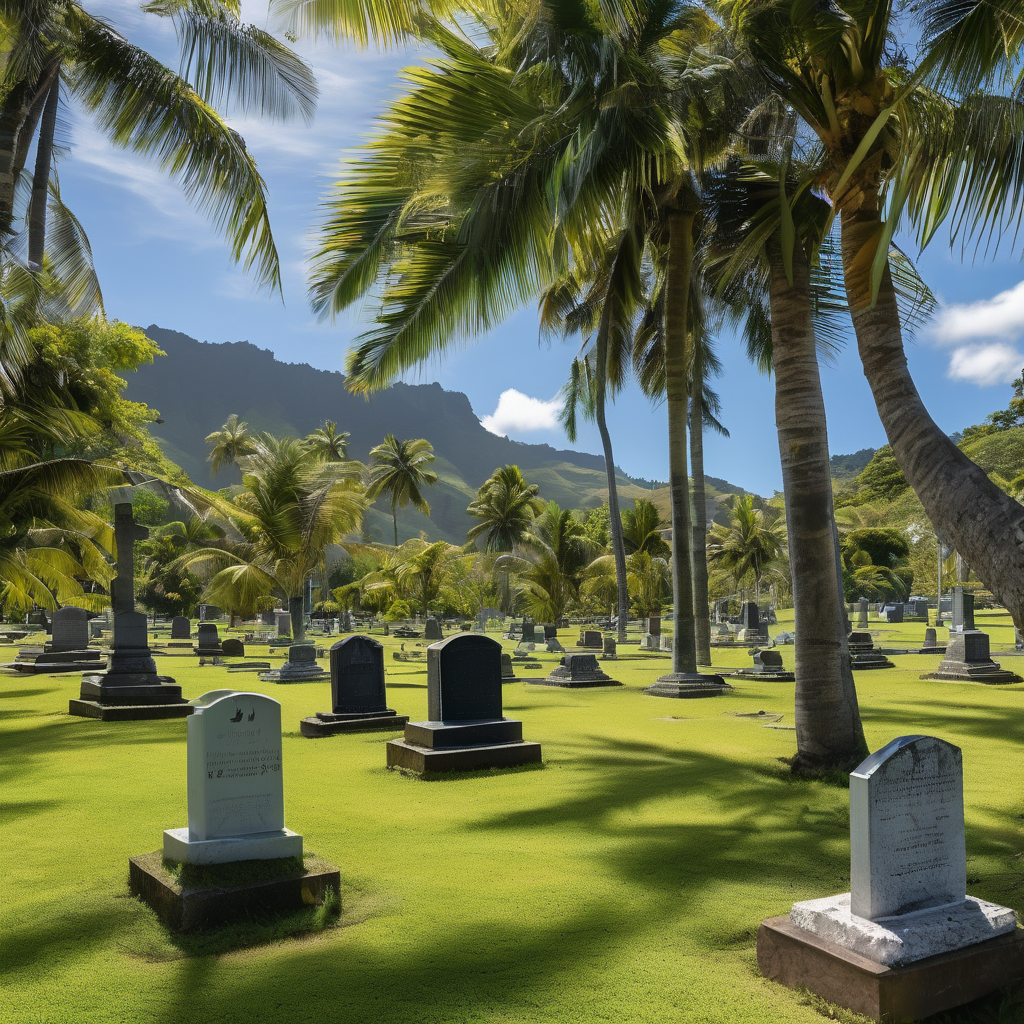The Fijian government is facing a critical challenge as major cemeteries in urban areas, including Suva, Lautoka, and Labasa, are predicted to be at full capacity within the next 10 to 15 years. This situation has prompted significant concern within the Fiji Corrections Service and among local officials who emphasize the urgency of addressing the land shortage for burials, particularly as urban development intensifies.
Deputy Commissioner Auta Moceisuva informed the Parliamentary Standing Committee on Justice, Law, and Human Rights that the average of 10 to 12 burials per day is rapidly depleting available cemetery space, especially in areas like Nasinu and Suva. While the government has allocated $2.5 million for excavation work in Nasinu, Moceisuva noted that this space will likely be used up within a mere 15 years.
Compounding the issue is the reluctance of landowners to lease land for new burial plots, largely due to concerns that cemeteries decrease property values in prime areas. To counter this challenge, talks with the iTaukei Land Trust Board and the Ministry of Lands are ongoing to identify potential new burial sites, although the response from landowners has been lukewarm.
Moceisuva also mentioned that promoting cremation could help alleviate some pressure from limited burial space. Despite cultural and religious hesitations that hinder wider acceptance of cremation, there are positive indicators that more Fijians are considering this option as a viable alternative. Traditionally, Hindu communities have embraced cremation, but a cultural shift might be emerging as burial grounds become scarce.
In light of these developments, the Burial and Cremation Amendment Bill 2025 has been proposed to modernize burial laws established over a century ago. This initiative aims to address land scarcity, cultural transitions, and operational difficulties in managing burial sites. Standing Committee Chair Ratu Rakuita Vakalalabure expressed that the Bill intends to ensure that all burials are conducted in licensed cemeteries, enhancing both management and planning of these vital spaces.
The urgent situation echoes across Fiji, with instances like the already full Enamanu cemetery in Nadi, where plots are reportedly being reused due to the scarcity of land. Similarly, previous discussions have highlighted the need for renewing the Burial and Cremation Act 1911 to fit contemporary needs, which has seen increasing calls from various sectors including the Fiji Corrections Service and community representatives.
The government’s commitment to enhancing end-of-life services aligns with recent upgrades across the country, including the installation of eco-friendly gas crematoriums in locations like Ba and Labasa. These funerary advancements exemplify a broader trend towards embracing sustainable practices, easing the logistical pressures on grieving families, and addressing urgent environmental concerns.
In addressing these challenges, there is hope for a collaborative approach between government and community stakeholders. By prioritizing modern legislative frameworks and fostering cultural openness toward cremation, Fiji is taking meaningful strides toward ensuring dignified end-of-life options are available to all its residents while safeguarding their cultural heritage.
